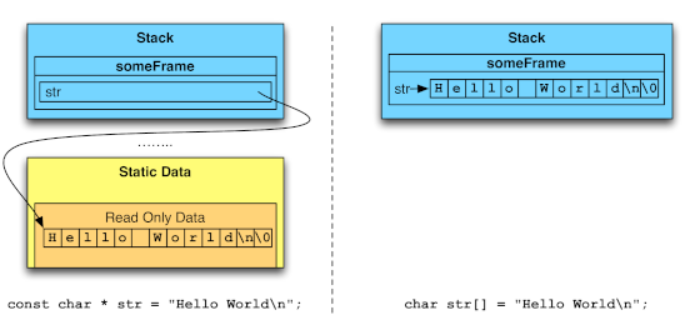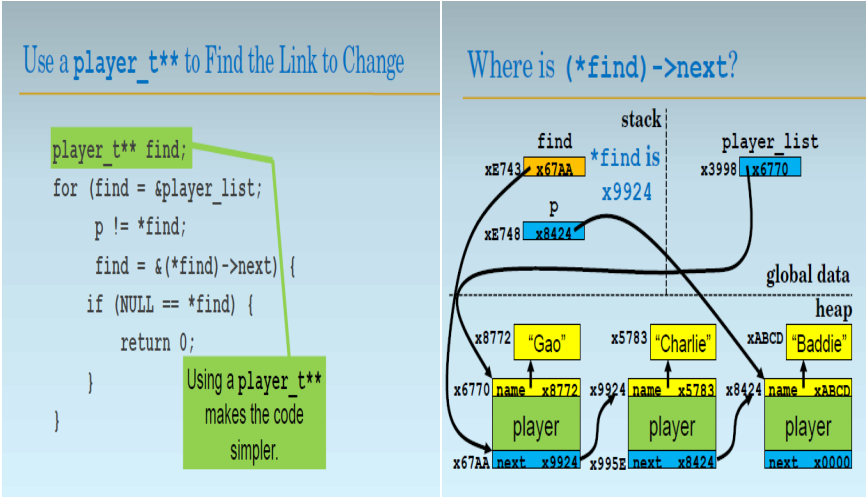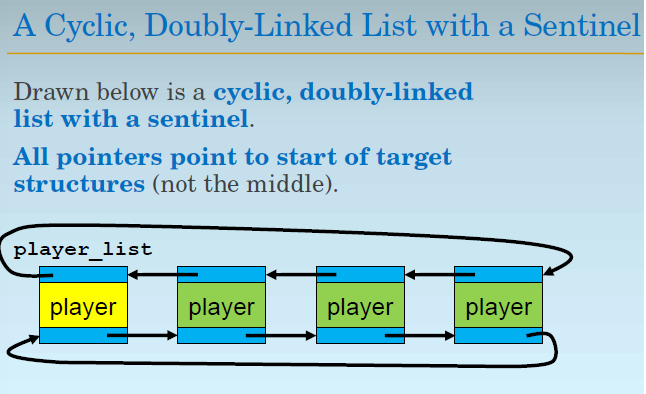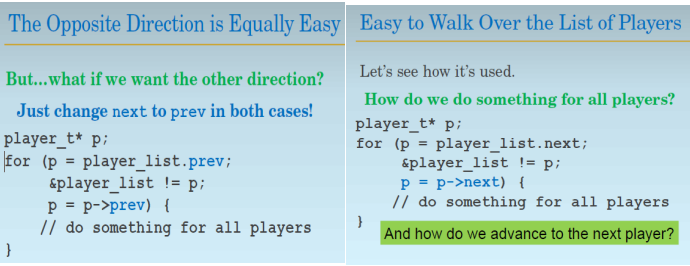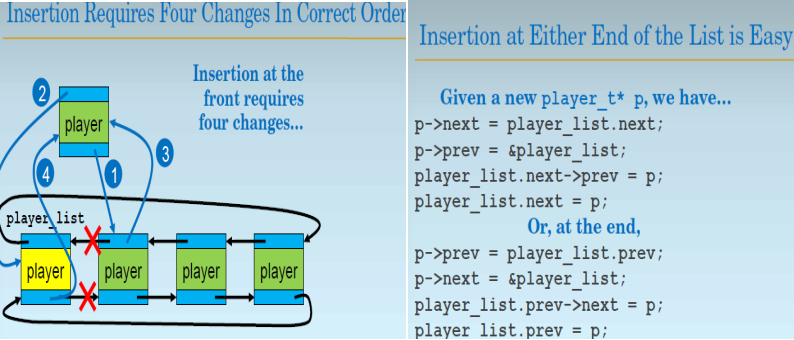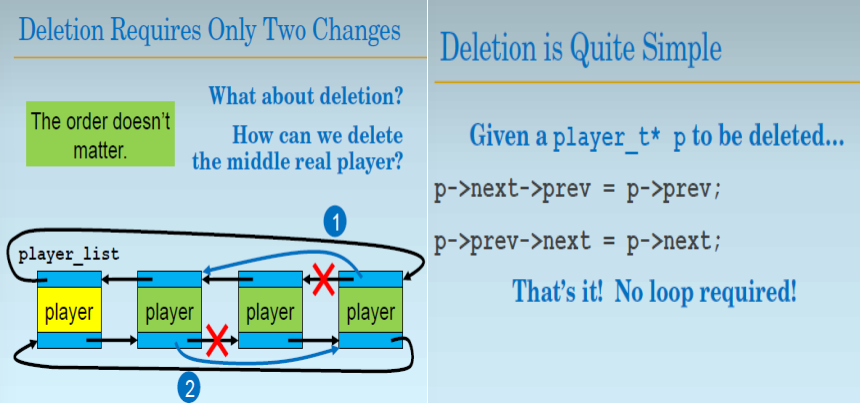const char *declare a string:
const char * str = "Hello World\n";
str is a pointer, pointing to an array of characters, so the elements in the string will be stored in consecutive memory locations.
print a literal string:
printf ("%s\n", str);***Notice:
1 const: indicates that we can’t modify the characters pointerd to by str
2 Every string will be terminated with an implicit “\0” as nullcharacter
The program will carsh with segmentation fault -> indicating that access to invalid memory locations
A string literal is stored into a read-only portion of the static data, and attempting to write to a read-only portion of memory will cause the hardware to trap in the operating systems. The hardware will move execution arrow outside of the program and put it in a particular function in OS and results in segmentation fault.
The literal string is loaded into the memory by loader. Loader is a portion of OS that can read the executable files from the disk and initialize the memory appropriately. After the complier writes information to executable files and loader initialize the memory location, the loader will mark the read-only portion of the static data as non-writeable.
